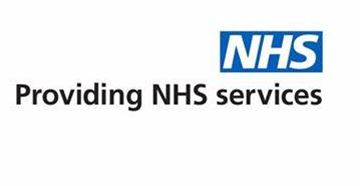Shielding
What is shielding?
As explained above, for the vast majority of people, getting coronavirus will make them feel ill but it will pass as we would expect any other viral illness to do. However, we know that the coronavirus can be particularly dangerous for certain groups of people. If these people were to get the virus, the risks to their health could be far greater including serious lung problems and unfortunately in some cases it can lead to death.
Shielding is a way of protecting those people who are at the highest risk from coming into contact with the virus by reducing their interaction with others as much as is possible.
What do I do if I have been told to do this?
You should stay at home at all times for a period of at least 12 weeks. You should have received a letter from the NHS explaining this and we have also contacted every patient on this list individually so if you have not been contacted then you are not in the highest risk group.
You may still have visits from carers and essential healthcare. Everyone entering the home should wash their hand for 20 seconds on arrival.
Who should be shielding?
The list of people who should be shielding is very small. To give an example, only about 1.5% of our practice population fall into this group. The definitions for who should be shielding are very specific. These people are at very high risk of severe illness from Coronavirus and should self-isolate for 12 weeks.
- Organ transplants patients
- People with certain types of cancer treatment
- Blood or bone marrow cancer, such as leukaemia
- Severe lung conditions, such as Cystic Fibrosis or severe asthma.
- People taking medications that weaken the immune system.
- People who are pregnant AND have a serious heart condition.
It should be noted that even if you have asthma and Chronic Obstructive Pulmonary Disease (COPD) and use inhalers, your condition may not be classified as severe enough to warrant shielding advice. Please note that the conditions for shielding are pre-set by Government and have been drawn up by national experts. The database is centrally administered. If you fall in this group, you will have received a letter from the practice and will have been followed up by a phone call and text message.
More information can be found on the following government advice page https://www.gov.uk/government/publications/guidance-on-shielding-and-protecting-extremely-vulnerable-persons-from-covid-19/guidance-on-shielding-and-protecting-extremely-vulnerable-persons-from-covid-19.
Page created: 05 November 2020
